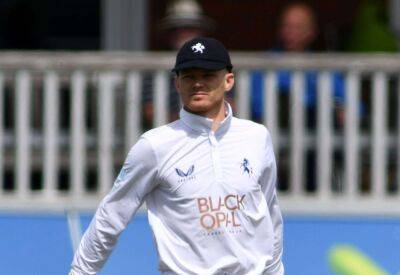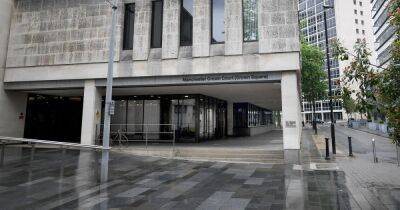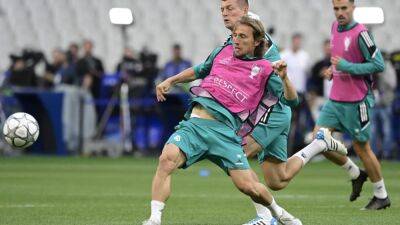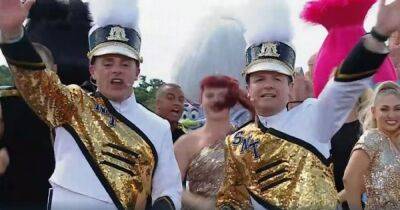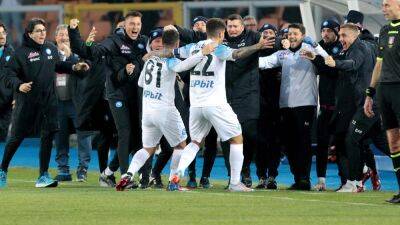Chelsea’s Kai Havertz: ‘From day one I felt a special relationship with donkeys’
“S ome of my teammates call me Donkey.” A grin creeps across Kai Havertz’s face. “It’s not because of my football,” the Chelsea forward adds, as if he needed to. Instead, he says, it is something deeper. “From day one, I felt a special relationship with donkeys. It’s a very calm animal: maybe I personalised myself in them because I’m calm too. They chill all day, don’t do much, just want to live their life. I loved them always. And when I lost, I would go to the sanctuary. You look at the animals, see something human in them. It was a kind of recovery, a place I felt peace.”
It is a cold, wet morning in Wimbledon and Havertz is talking about football and life, the game and everything that goes with it, including politics, money and war. In a clear, calm tone, he talks about change at Chelsea and throughout football: of players, coaches, staff, even owners. In himself, too. About scoring the winner in the Champions League final, the release and responsibility, and the dreams players pursue and the pressure that pursues them, exposed early. But the first thing – and the last thing – is animals.
Which, it turns out, is what most moves him. Havertz’s mother was a lawyer, his father a policeman. When he was little, growing up in Aachen, they gave him a cuddly donkey. When he turned 18, they gave him three real ones: “a special gift, an adoption at a sanctuary”. The first was called Toni – “like Rüdiger” – his latest is called Hope, saved from the butcher, a rope literally round his neck. “He was already dead, now he has a good life, so these are examples,” the 23-year-old says.
That, he says, was where it started, an idea that formed more fully following floods in Germany in 2021 and culminated in the launch on Wednesday of


